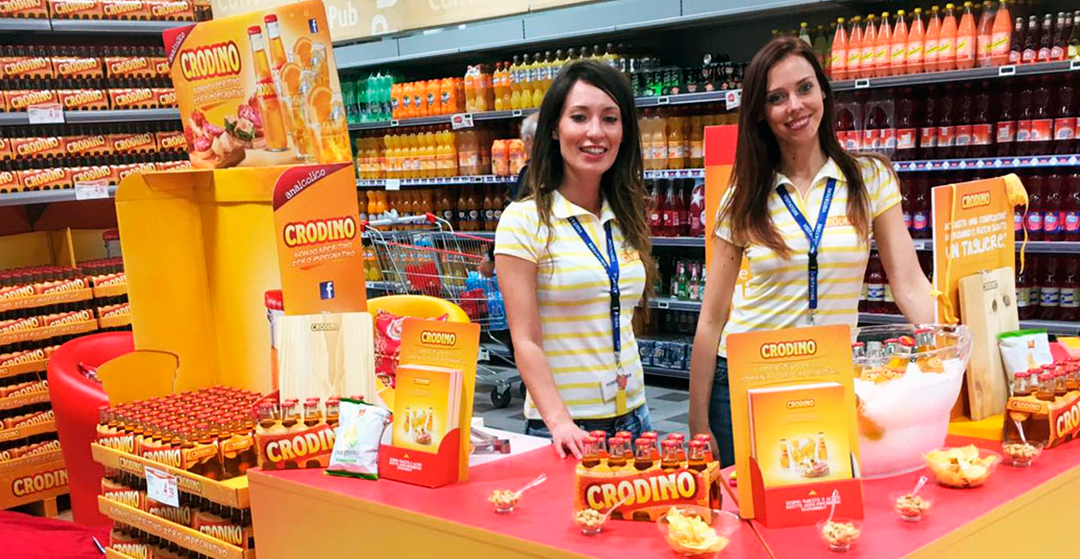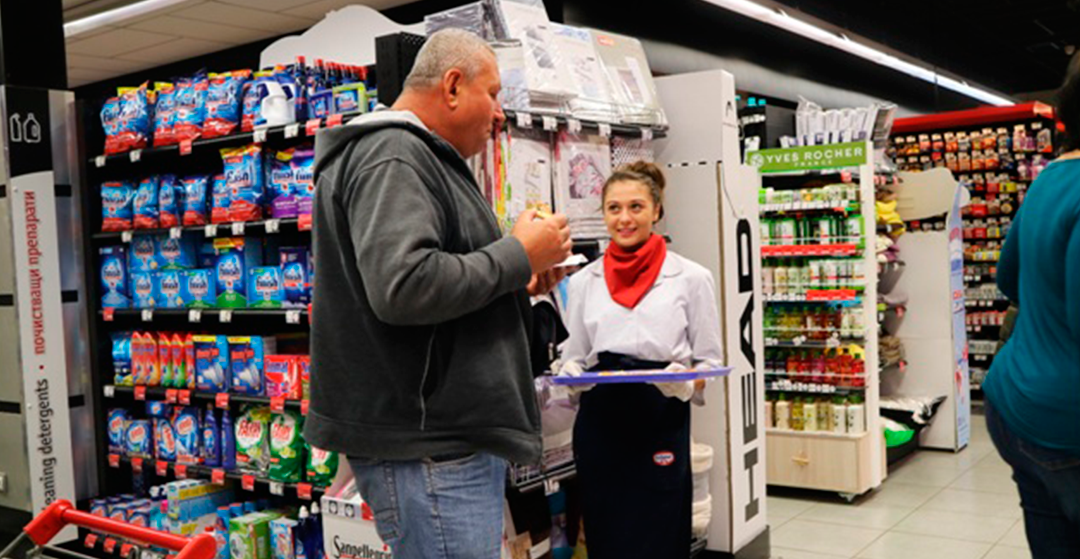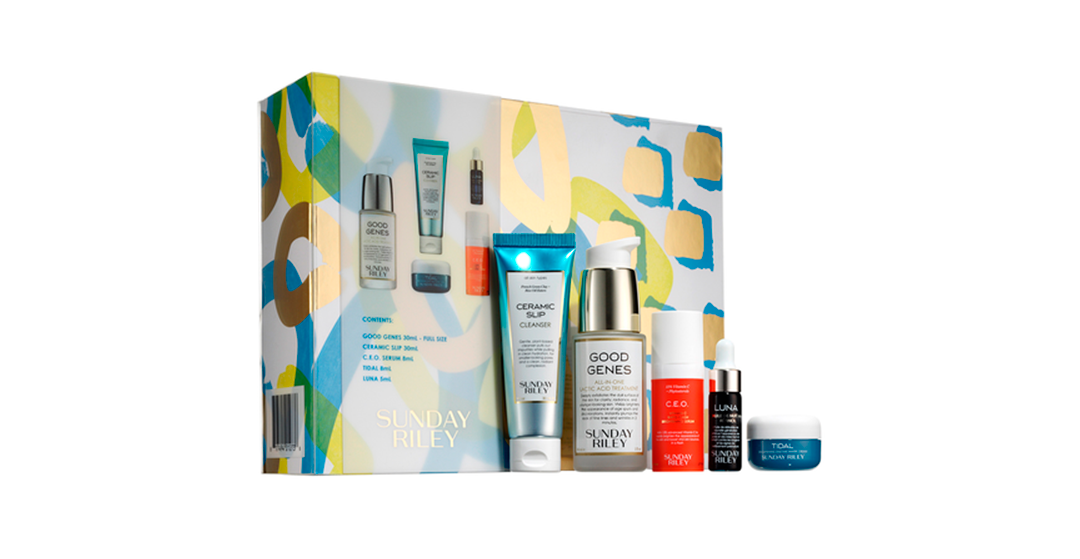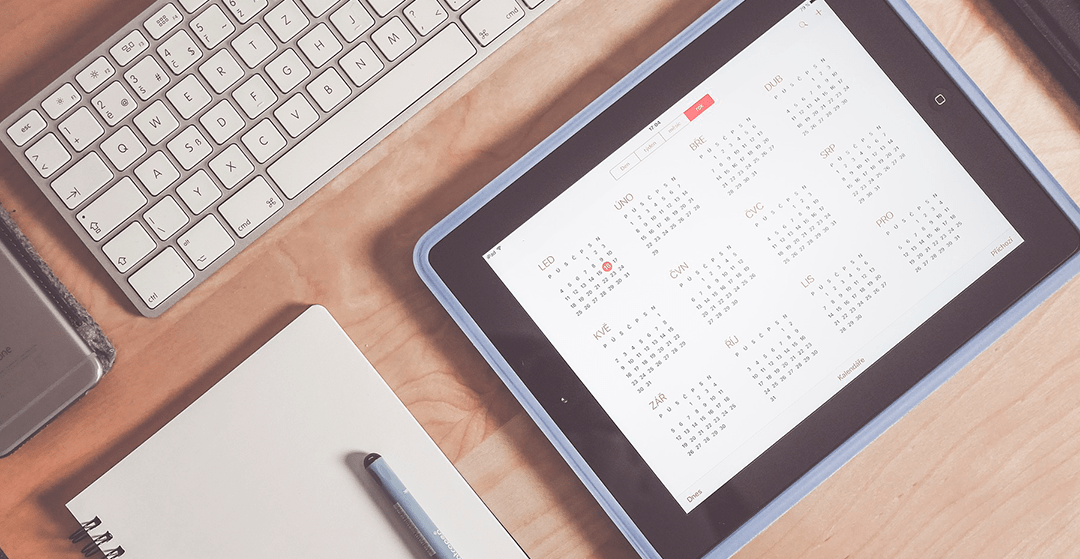
Most point-of-sale strategies aimed at promoting your product require a significant economic outlay. However, when well designed, the cost per impact and overall result is much lower compared to other types of promotional and advertising investments, as direct contact with the client maximizes product awareness.
. Strategic establishment profile
Choosing the appropriate establishment by target type or group is of the upmost importance. Accordingly, some items are better suited to be promoted in department stores while others may work better at nearby shops.
Campaigns in neighbouring stores entail a shorter reach to fewer people, but on the flip side, it is a more direct, reliant and comfortable consumer experience. The types of products to endorse in such areas are essential shopping basket items.

. Promoters play a key role
Choosing suitable promoters is key. The ability to stand out, be in close contact with customers, and assuming an innocuous approach, is paramount.
Likewise, the make-up of such is a fundamental factor, since the objective is to convey assurance in the buyer, so that he or she feels comfortable enough to interact.
The profile of the promoter must also be fitting to the product, chiefly in the hygiene and cosmetics sector. It is an inadequate choice to appoint a male for a campaign in feminine hygiene products or a woman for an enhancing product that targets men.
. Always deliver more
Bestowing gifts to customers during your campaign is a powerful incentive, and an added element of attraction towards your stand.
Most consumers do not need or care for the endless string of information of a sales pitch, but when receiving a gift, they may not mind listening or even buying as a trial.

. Make your stand… stand out
Undeniably, the look of the stand is a basic element of the promotion.
Clearly, it must be consistent with the entire promotional campaign and follow the defined concept and strategy.
It must draw attention onto itself by enhancing the experience, as opposed to having the consumer dodging it by changing aisles.
If the stand is attractively set, customers will gravitate towards it.
. How to promote the product differently
There are various schemes, measures and strategies to utilise as promotional lure. Contest-type promotions or those of a more interactive nature usually work very well with a younger public. Such are, “Buy this drink to play our wheel of fortune”, or “Key in the coupon code in our app to get your prize.”
In adult-based promotions, the most effective lure is simply seeing the gift without having to do anything other than purchase the article to receive it.

. Innovate for the event
Different packaging, promotional packs, special offers, that promised gift… whatever is fashioned for the event and distinctive from the original product.
To effectively promote and draw the attention of the buyer, the product offered by the proponent must be highly attractive, hence encouraging an impulse buy.
. Define the scope of your campaign
Arguably, it would be counterproductive to promote a hefty dish in summer when its ideal consumption is in winter. Similarly, the best time to promote refreshing drinks is in summer.
The scope and schedule of the promotion must also be assessed. Refreshing beverage tests can be had at any time, but a prepared stew sample is best just before lunch or dinner, when the customer is peckish and predisposed to try, and purchase, these products. Almost everyone will want to taste a coffee at four in the afternoon, but few will contemplate taste-testing a stew.



